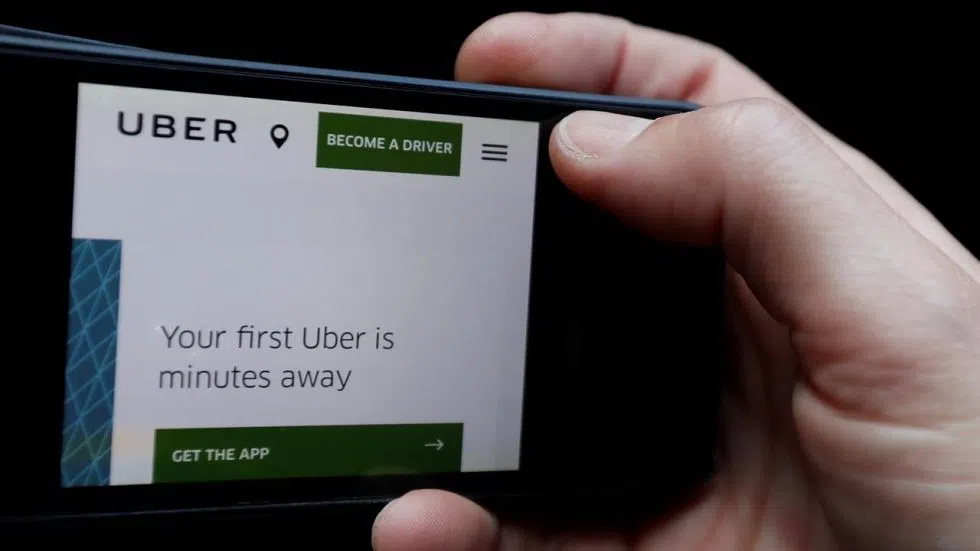
Milobar: Government ignored most of committee’s ride-hailing recommendations
KAMLOOPS — A Kamloops MLA who was on the legislative committee studying ride-hailing says the regulations introduced by the NDP government this week have ignored most of the committee’s recommendations.
Peter Milobar of Kamloops-North Thompson sat on the all-party committee that heard from the ride-sharing industry, as well as a variety of interested parties.
Milobar says the committee issued a report based on that research, but much of that report’s recommendations do not appear to have been included in the regulatory regime unveiled this week.
He concludes the government is not actually trying to move on something for which the public is clamoring.


